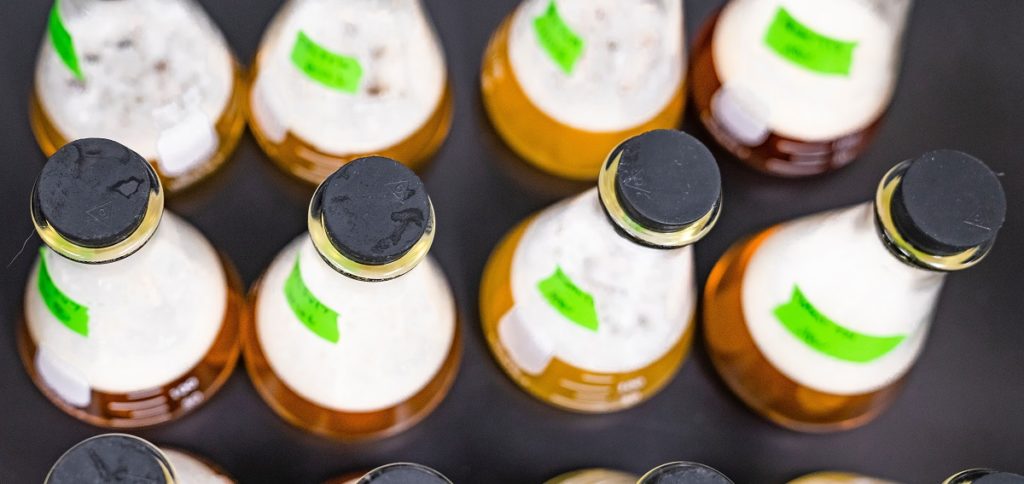Sustainable packaging of the future

Sustainable packaging is now trending. New EU plastic guidelines and the global discussion surrounding climate change and pollution of the world’s oceans have ensured that manufacturers of beverages and beverage packaging are developing innovative concepts and continuing to push ahead with research activities aimed at recycling.
Just a few weeks ago, the Carlsberg Group introduced prototypes of two new bottles. Bearing the name “Green Fibre Bottle”, the company presented the first beer bottles made of paper. Both bottles are made from sustainably produced wood fibers that are 100% organic and completely recyclable. To allow them to be filled with beer, the bottles also have an inner lining made of polymer film. Still, however, Carlsberg is searching for a solution for a 100% organic-based bottle without polymers.
“We are continuing to put innovation into practice in all of our packaging formats and are delighted with the progress we’ve made so far,” says Myriam Shingleton, Vice President Group Development at the Carlsberg Group.

Despite having not yet fully reached their goal, the two prototypes represent an important step toward market readiness. “Innovation takes time and Carlsberg will continue to work with leading experts to meet the remaining technical challenges,” explains Shingleton. Carlsberg launched the project in 2015 with involvement from other well-known manufacturers, such as Coca-Cola.
Plastic ocean waste made into new bottles
When it comes to packaging, Coca-Cola has been researching new projects for quite a while. Recently, the company introduced a sample bottle made from plastic ocean waste. This innovation demonstrates that even plastic ocean waste can ultimately be reused for food and beverages. In this project, almost 300 sample bottles were produced with 25% of the material coming from recycled ocean plastic. The material for the bottles came from the Mediterranean Sea and the Mediterranean beaches of Spain and Portugal. The sample bottles were developed to bring attention to the potential of improved recycling technologies, said the company. These innovative methods would make it possible to transform any quality of used plastic into high-quality plastic.
Sustained improvement in recycling technology
To ensure long-term technological improvements for recycling PET bottles and other plastic waste, Krones AG and Stadler Anlagenbau GmbH have joined together in a cooperative partnership. The companies expect the partnership to yield a significant boost to the circular economy. “We want to give our customers the highest quality material output the industry can produce,” explains Willi Stadler, CEO of Stadler Anlagenbau GmbH. Christian Fisch who is responsible for the cooperation as Head of Plants for Krones AG adds,
The Europe-wide study, commissioned by the European Pro Carton association, underscores how important sustainable packaging is for consumers. The study shows that the environmental impact from packaging is an influential factor in purchasing decisions for 75 percent of those surveyed.
“The collaboration allows us to reduce and improve interfaces. In doing so, we can advance not only our technology and procedures – it also makes us that much faster when handling specific customer projects.” One future goal is to have existing and proven sorting and recycling technology solutions offered within complete turnkey factories from a single source. The other objective is to jointly develop new solutions.
Sustainable packaging: Juice bottle made from 100% recycled material
Several weeks ago, the Dortmund-based system supplier, KHS, introduced a new technology for less plastic waste. The company developed the first completely recyclable juice bottle made from 100% recycled material with a special barrier solution that promises exceptional product and freshness protection. “Especially in light of current discussion surrounding plastic, eco-friendly, real-world solutions are increasingly relevant,” says Philipp Langhammer, product manager for barrier technology at KHS Corpoplast. Holistic and sustainable packaging for the entire range of sensitive beverages are in demand. “That is why we emphasized environmental protection, recyclability and maximum product protection above all during development of the bottle,” says Langhammer.
The new bottle concept was designed as a film-free package for further processing. Easily soluble yet securely bonded adhesive dots hold the bottles together. The system from KHS eliminates the need for the standard plastic film used to hold PET bottles together in six packs, for instance. This glue is also easily removed during the recycling process, according to the company. “By eliminating the surrounding film, we are helping to reduce this type of packaging waste by up to 90 percent,” says Langhammer. “Our bottle could allow more than 1,500 tons of raw material in the form of new PET to be saved with a production volume of 50 million bottles,” says Langhammer.
Political pressure growing
These examples show how political and societal pressure is driving research. The fact is that the recently adopted EU guidelines must be implemented into national legislation by the EU member states within two years. After that time, sales of certain disposable plastic products will be banned. Disposable beverage packaging must consist of at least 30 percent recycled plastics by 2023. And, the caps of disposable bottles made from plastic must be firmly attached to the bottle by 2025, at the latest. These guidelines will require a few more innovations in the coming years. Research and development departments of packaging manufacturers are already working full speed on market-ready concepts.
Several of these concepts can already be seen at the world’s leading trade fair, drinktec. Exhibitors from around the world will be showcasing their new products. If you would also like to be there, sign up here. The next drinktec will be held from September 13-17, 2021, at the Munich trade fair. If 2021 seems too far away for you, you can learn more about the latest packaging trends at the LOPEC fair in the interim.

